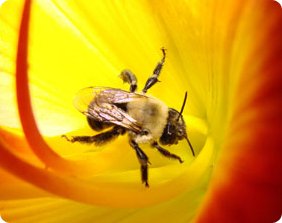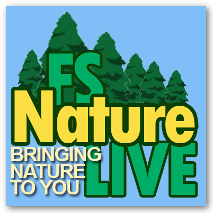
While pollinators may come in small sizes, they play a large and often undervalued role in the production of the food we eat, the health of flowering plants, and the future of wildlife. A decline in the numbers and health of pollinators over the last several years poses a significant threat to the integrity of biodiversity, to global food webs, and to human health, according to scientists. PollinatorLIVE brings the excitement of pollinators to you through webcasts, webinars and online education resources.

Explore More Distance Learning Adventures |
Check out the resources on this web site:
|